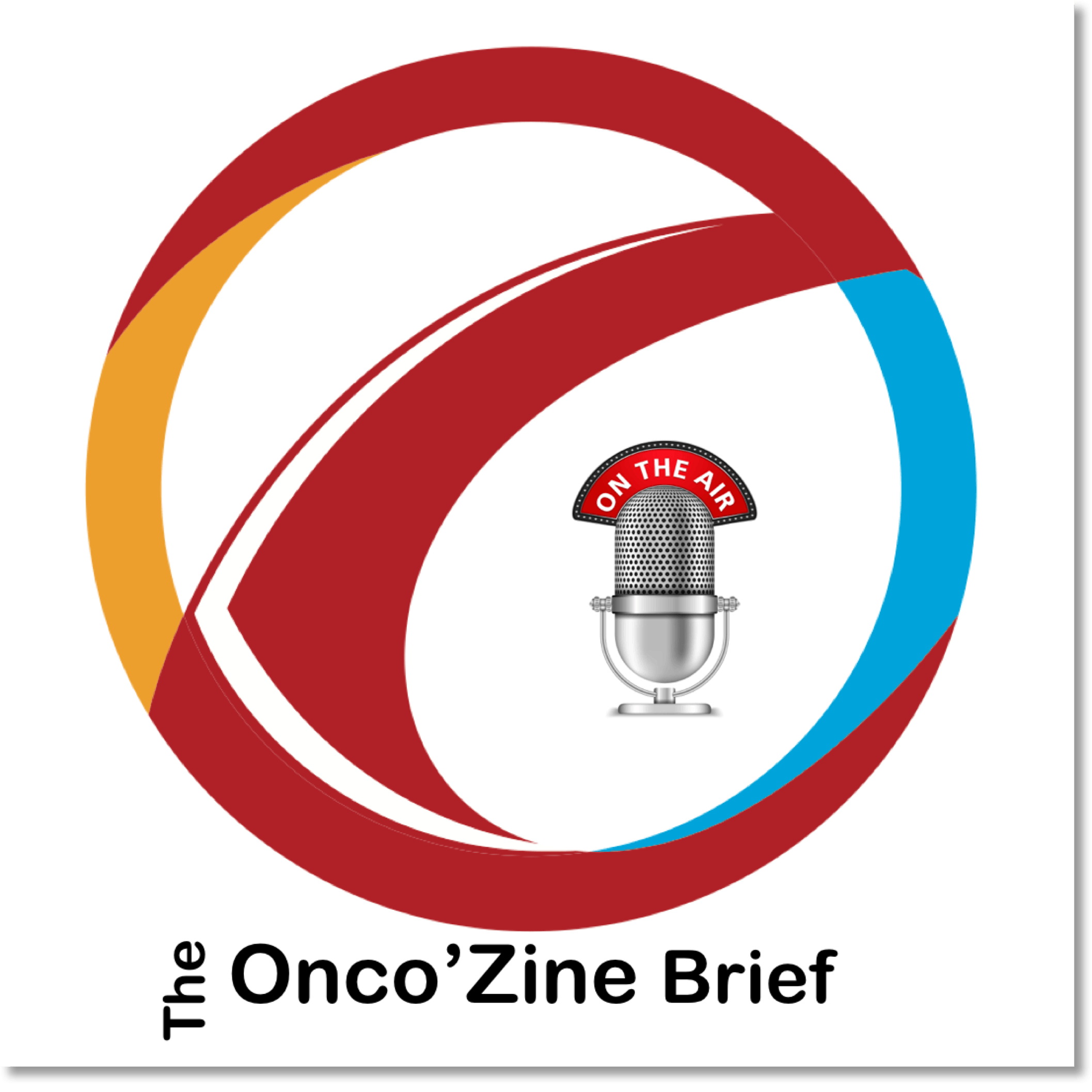In this episode of The Onco’Zine Brief Peter Hofland, Ph.D. talks with Anthony Yanni, M.D., Senior Vice President, patient-centricity at Astellas. In this role, Yanni is responsible for leading the development and execution of Astellas’ global patient-centricity strategy.
To understand patient centricity, consider the fact that 10 years ago, patient-centricity wasn’t even a concept – In most cases, drugs were developed if scientists could achieve innovation, without considering if companies should actually develop a medicine based on the real-world unmet medical needs and the perspectives of the patient.
And while ‘patient-centricity’ has become an industry’s catchphrase, not everyone has the same understanding of its true meaning. The concept of ‘patient-centricity’ comes from the United Kingdom’s National Health Service -idea of “no decision about me, without me.”
But ‘Patient-centricity’ is more than a catchphrase.
In the most advanced form, it is about the meaningful use of insights from patients – to support the development of health solutions, including the development of novel therapeutics.
The essence of patient-centricity requires companies to have a ‘listening ear’ – to listen to the patient, to listen to what they think and understand – and really understand what they mean.
According to a number of peer-reviewed studies patient-centricity – and with that – increased engagement with patients and providers leads to better care, decreased levels of disease, and a decrease of overall health-related expenses.
In this process Information is essential. Information may help all participants involved in this process to have a better understanding of a particular disease and the individual, unmet medical needs of the patient.
If patient-centricity is to succeed, engaging with the patient at a much earlier stage than has traditionally been the case may be essential. For example, patients, patient advocates, and their organizations may help in the drug development phase, including clinical trial design.
By doing so, pharma – and in its wake the entire life sciences industry – can then leverage the patients’ expertise and detailed knowledge of their own disease and their own medical history to provide more effective patient-centric care.
In his role as Senior Vice President and Head of Patient Centricity at Astellas, Yanni is responsible for leading the development and execution of the company’s global patient-centricity strategy. In that capacity, he helps guide the company to really understand the patient journey in a real-world setting – along with the continued development of a patient-focused corporate culture.
In his view, medicine is more than a novel drug: “At the end of the day,” Yanni notes, “we are not here to treat a patient – we’re here to care for a person. Having a conscious awareness of that person in every activity, from every area of the company, every single day, ensures we will create truly meaningful innovations.”
More than ever before, there is a need for meaningful innovation that can ease the challenges and worries patients and their caregivers have. And this is particularly so amid the current COVID-19 pandemic.
In their process of listing to the patient, Astellas Oncology, years ago, established the Changing Cancer Care or C3 Prize.
This prize is more than a listening exercise. It’s an effort to foster innovation in cancer care beyond medicine and change the entire experience for patients, caregivers, and loved ones.
The C3 Prize is open to anyone with a great idea to change cancer care. Past winners have developed charity initiatives, patient education programs, apps, augmented reality experiences, and other programs aimed at changing the overall experience of cancer care. Any idea that can have an impact, especially if it is simple – is welcome.
This year, Astellas Oncology is looking for ideas beyond medicine that can bring solutions to everyday challenges facing people with cancer, including concepts that can ease the increased burden of the COVID-19 pandemic on cancer care and health disparities affecting patients and caregivers. The program will award U.S. $ 200,000 in grants and resources to help winners further develop and advance their ideas.
The award is open to anyone with a great idea – past winners included patients and their caregivers, healthcare providers, business leaders, and more. The C3 Prize is a global initiative and past prize winners included participants from Nigeria, Europe, the United States, Australia, and other countries.
To learn about past winners, go to https://www.c3prize.com/winning-ideas
To learn more and apply go to www.C3Prize.com – Applications to participate are open now until September 28, 2020
About The Onco’Zine Brief
The Onco’Zine Brief is distributed in the United States via PRX (Public Radio Exchange). In the United Kingdom and Europe, the program is distributed via UK Health Radio (UKHR). And the program can be downloaded via most podcasts and streaming media services, including iTunes, Spotify, TuneIn, and iHeart Radio.
For more information about The Onco’Zine Brief or how to sponsor or support this public radio broadcast and podcast, visit: https://www.patreon.com/theoncozinebrief
For more information about cancer and cancer treatments, visit our online journal Onco’Zine at www.oncozine.com
To sign up for The Onco’Zine Newsletter (open for residents of the United States only), text the word CANCER to 66866.


